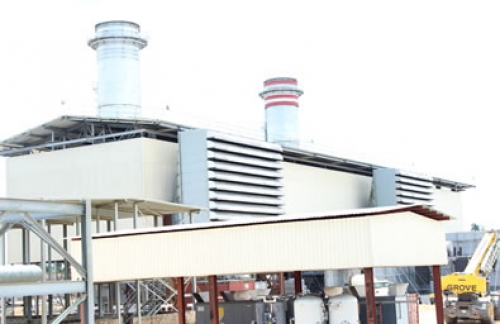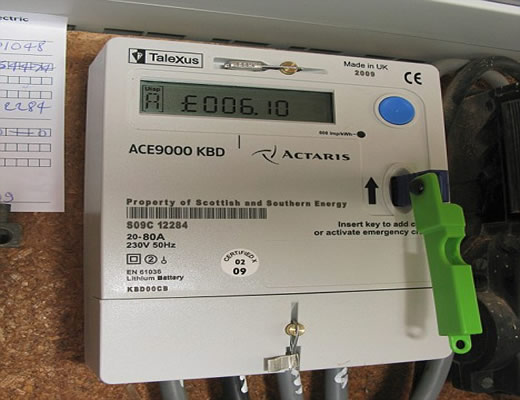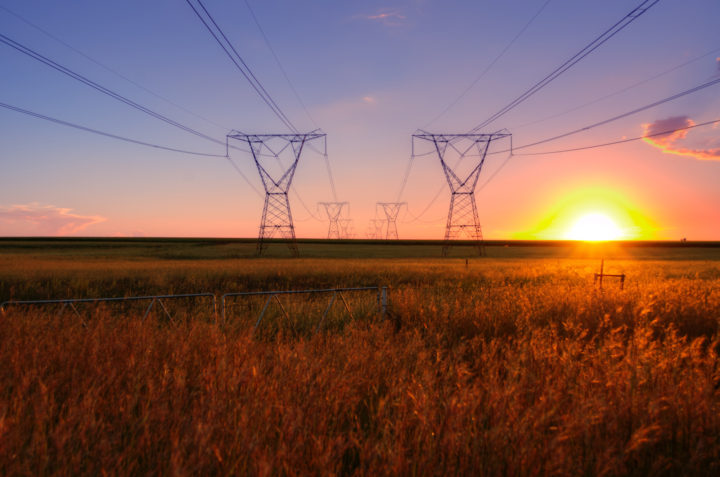Eight out of the 27 power plants in Nigeria were shut down on April 9, 2018, as a result of operational constraints that include gas, line and frequency management. Some of the power plants tripped due to low gas pressure while GT3 was shut down due to generator air inlet filter trouble. Data from the Power Generation Report by the Ministry of Power, Works, and Housing, showed that these constraints affected the power plants may have been responsible for low power generation.
The affected power plants were, Trans Amadi Gas Turbine (GT) where the power plants 1 and 2 were out due to line constraints while GT 3 was on a fault. GT 4 tripped on generator differential lockout. ASCO Power plant GT1 This power plant was shut down due to leakage in the furnace Ihovbor Nigerian National Integrated Power Project (NIPP) GT 1
This power plant was out due to a gas constraint. GT2 was also out due to the malfunctioning gas regulating valve.
Others included Alaoji NIPP Gas Turbine Where the power plant 1, 2, and 4 tripped due to low gas pressure while GT3 was shut down due to generator air inlet filter trouble. Afam IV and V Gas Power Plant
GT13-16 were out on blade failure while GT17 tripped on a loss of excitation. GT18 was out on inspection and maintenance, while GT19 and 20 are awaiting major overhaul. While Sapele Steam ST1 tripped on low drum level and ST2 was shut down for maintenance, ST3 was out on stator winding problem, ST4 and 5 were awaiting major overhaul while ST6 tripped on gas control valve not following reference point.
On these accounts the total loss in January 2018 was valued at over N1.5billion In January alone, the average power generated and distributed was 3,971mw while 2,302.8mw was not generated due to unavailability of gas. In the same vein, as a result of the unavailability of transmission infrastructure, about 417mw was not generated due to high frequency resulting from poor distribution infrastructure while the sum total these constraints was that the power sector lost an estimated N1.584 billion by January 25, 2018, due to insufficient gas supply, distribution infrastructure, and transmission challenges.
The Nigerian power sector has been plagued with structural issues in all key areas that include generation, gas supply, transmission, and distribution. Sadly, the operational capacity of the country’s power plants is less than 35% of their installed capacity. There have also been a lot of reports of chronic vandalism that helped to cripple gas pipelines. While In the same vein, underinvestment in maintenance and infrastructure also constrained the transmission grid.
Nigeria’s Minister of Power, Works, and Housing, Babatunde Raji Fashola, also emphasized the need to utilize renewable energy. The Minister said efforts must be concentrated to develop renewable energy along with conventional power plants to maintain balanced energy in the short, medium and long-term. He said: “ huge energy deficit and the negative environmental impact of using fossil fuel for energy generation as well as the falling costs of renewable energy technologies like solar power, are driving the current transition towards renewable energy is being witnessed across the world.” insisting that the Federal Government is implementing off-grid renewable energy solutions such as rural mini-grids, and standalone home solutions.
Source: Energy News






